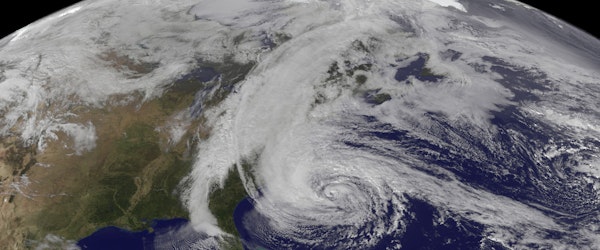
States in Hurricane Zones Face Bigger Disaster Costs as Federal Support Shrinks
Monday, April 28th, 2025 Catastrophe Legislation & Regulation Property Risk ManagementStates along the U.S. hurricane belt, including Maryland, are bracing for a more active storm season while confronting cuts to critical federal disaster resources. According to Jorge Castillo of the Maryland Department of Emergency Management, states must now take on more responsibility for disaster preparation and recovery following the cancellation of FEMA’s Building Resilient Infrastructure and Communities (BRIC) grants under the Trump administration. These grants were designed to fund proactive measures like wetlands restoration and stormwater improvements to reduce the long-term costs of natural disasters.
The loss of BRIC funding — about $150 million nationwide — along with a 20% reduction in FEMA staffing, is creating major challenges for state and local emergency management agencies. Maryland counties such as Prince George’s, Anne Arundel, Garrett, and Somerset, along with cities like Baltimore and Annapolis, were among those planning projects with the now-canceled federal funds. Other coastal and flood-prone states face similar setbacks and are seeking alternative funding options, such as Maryland’s new Resilient Maryland Revolving Loan Fund offering low-interest loans for resilience projects.
While Maryland is preparing with state-level initiatives, Castillo stressed that no single state can fully replace the lost federal support on its own. With hurricane forecasts predicting an above-average season, states across the Gulf and Atlantic coasts are confronting a "perfect storm" of heightened risk and diminished resources.





